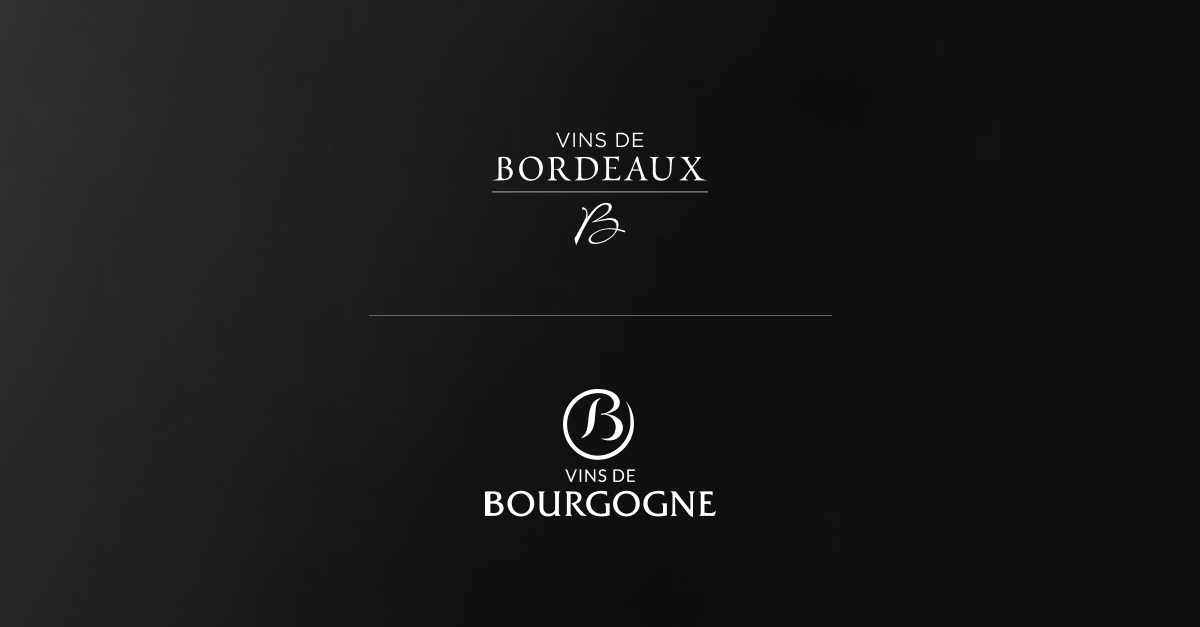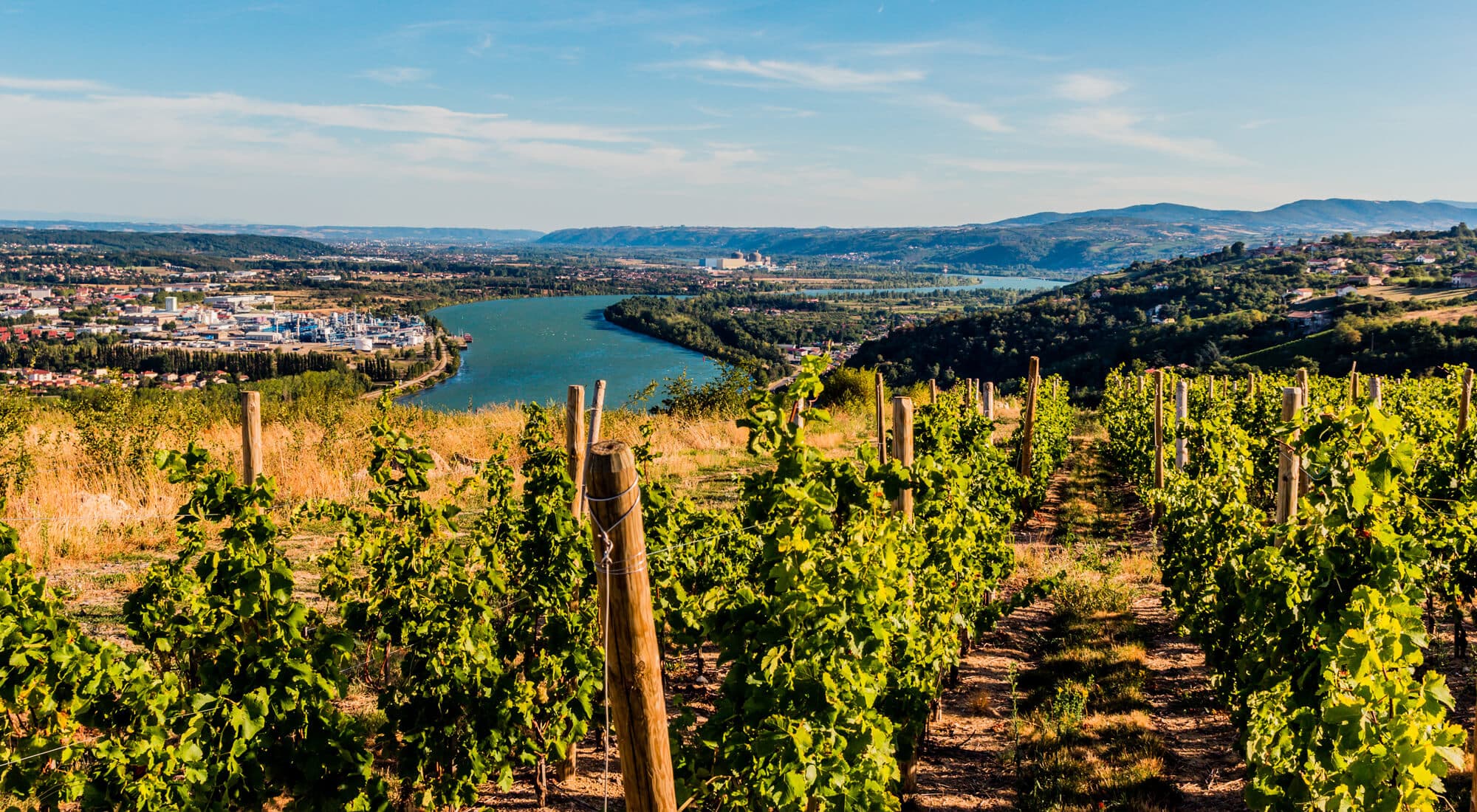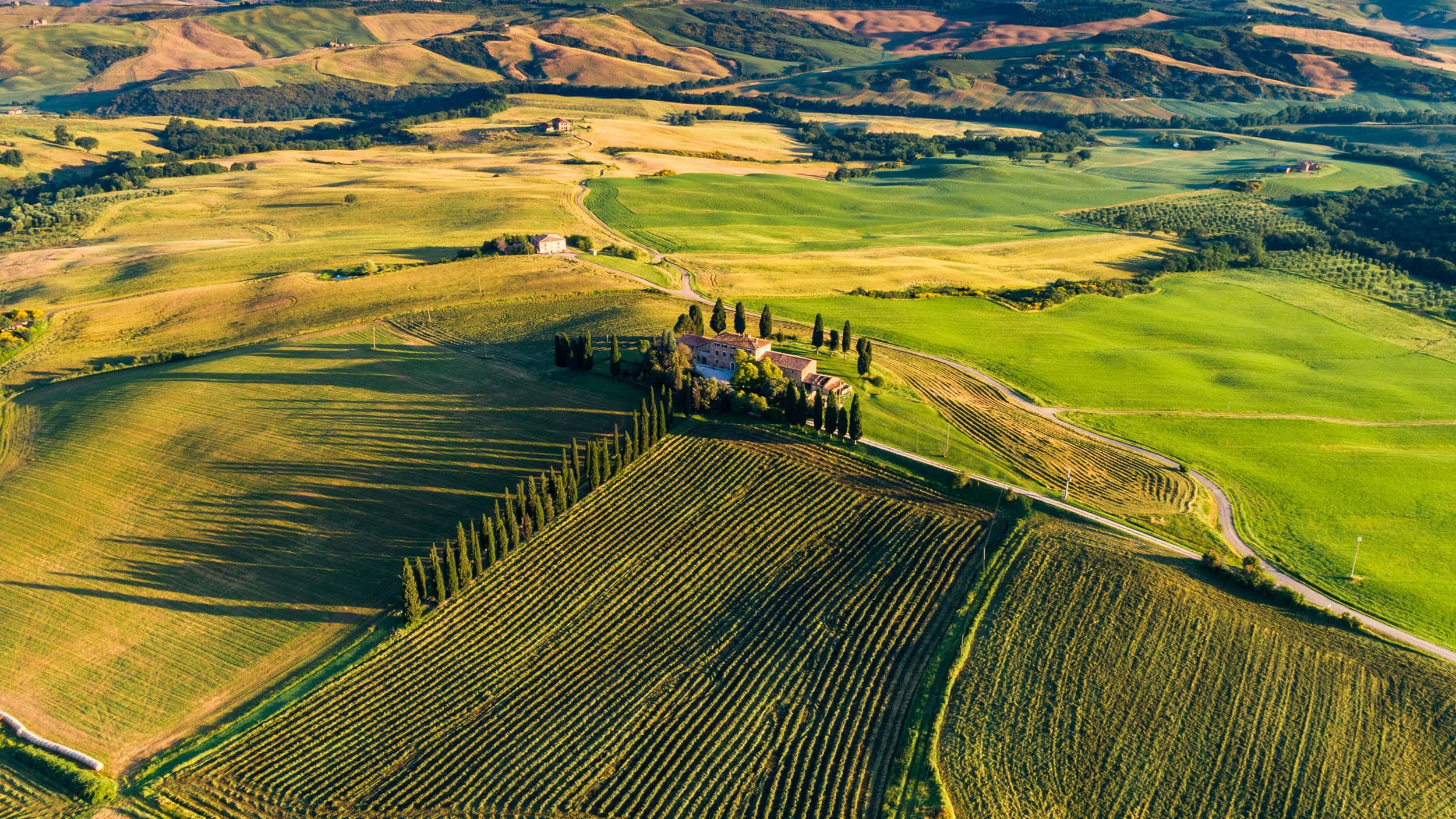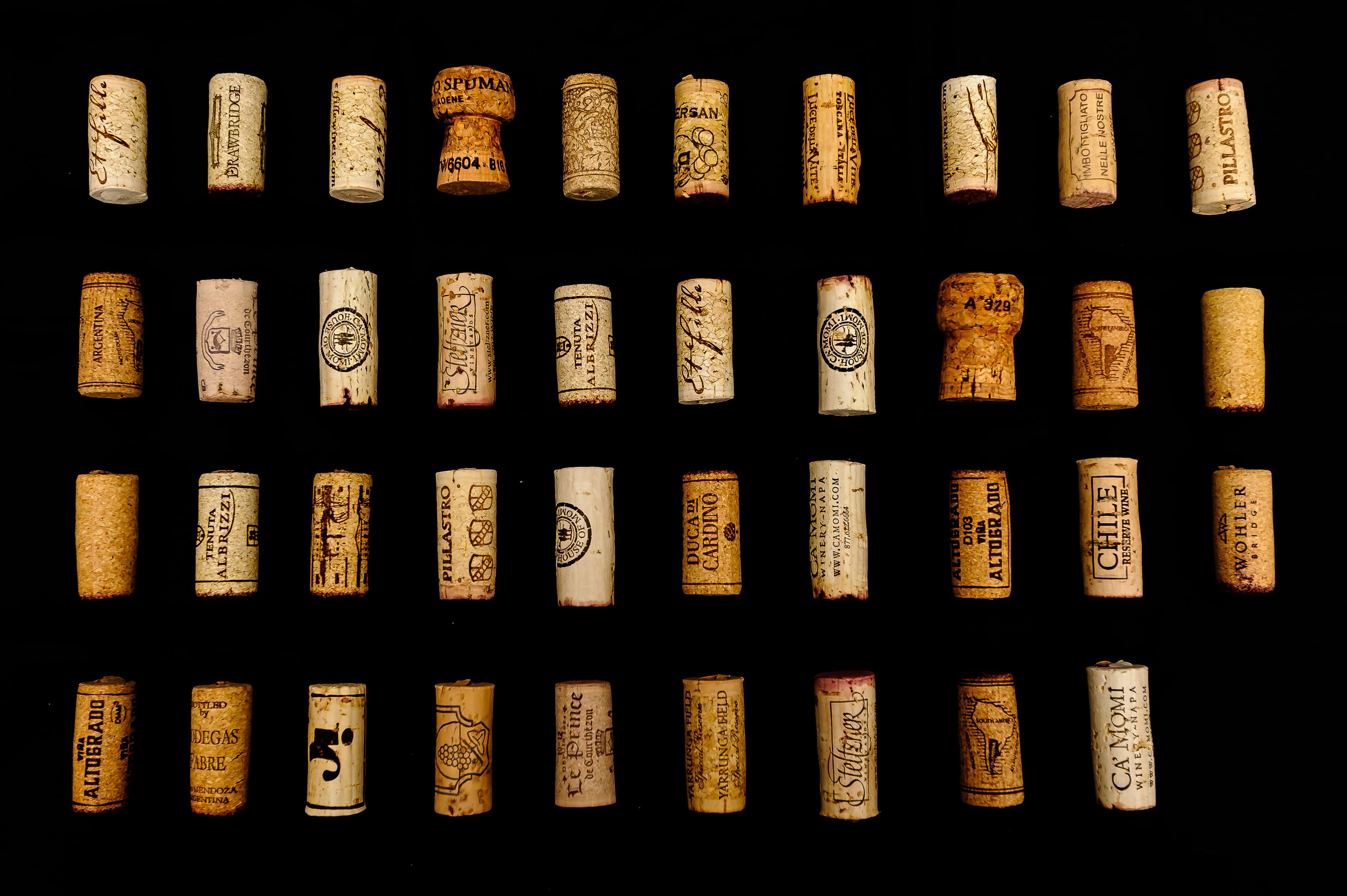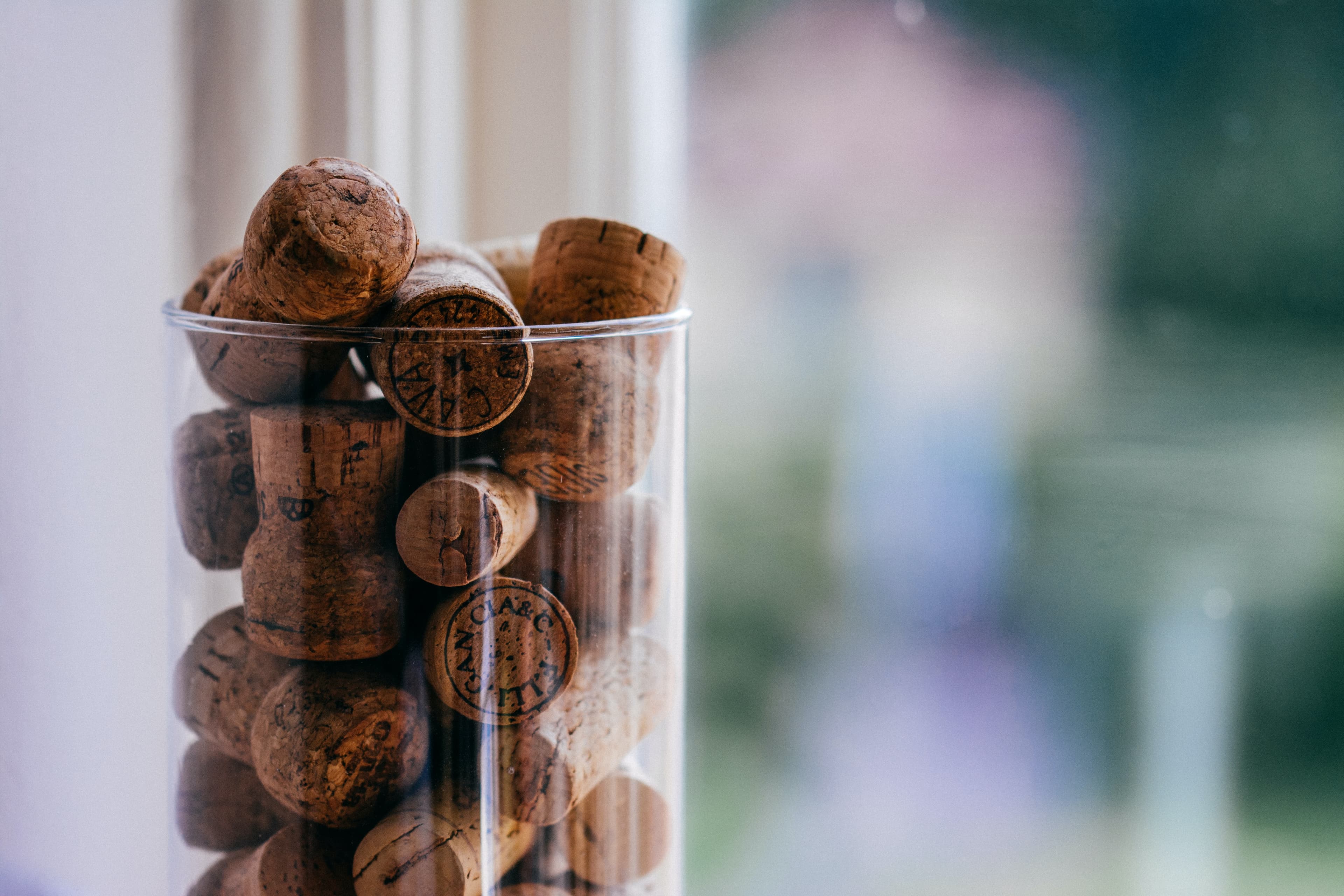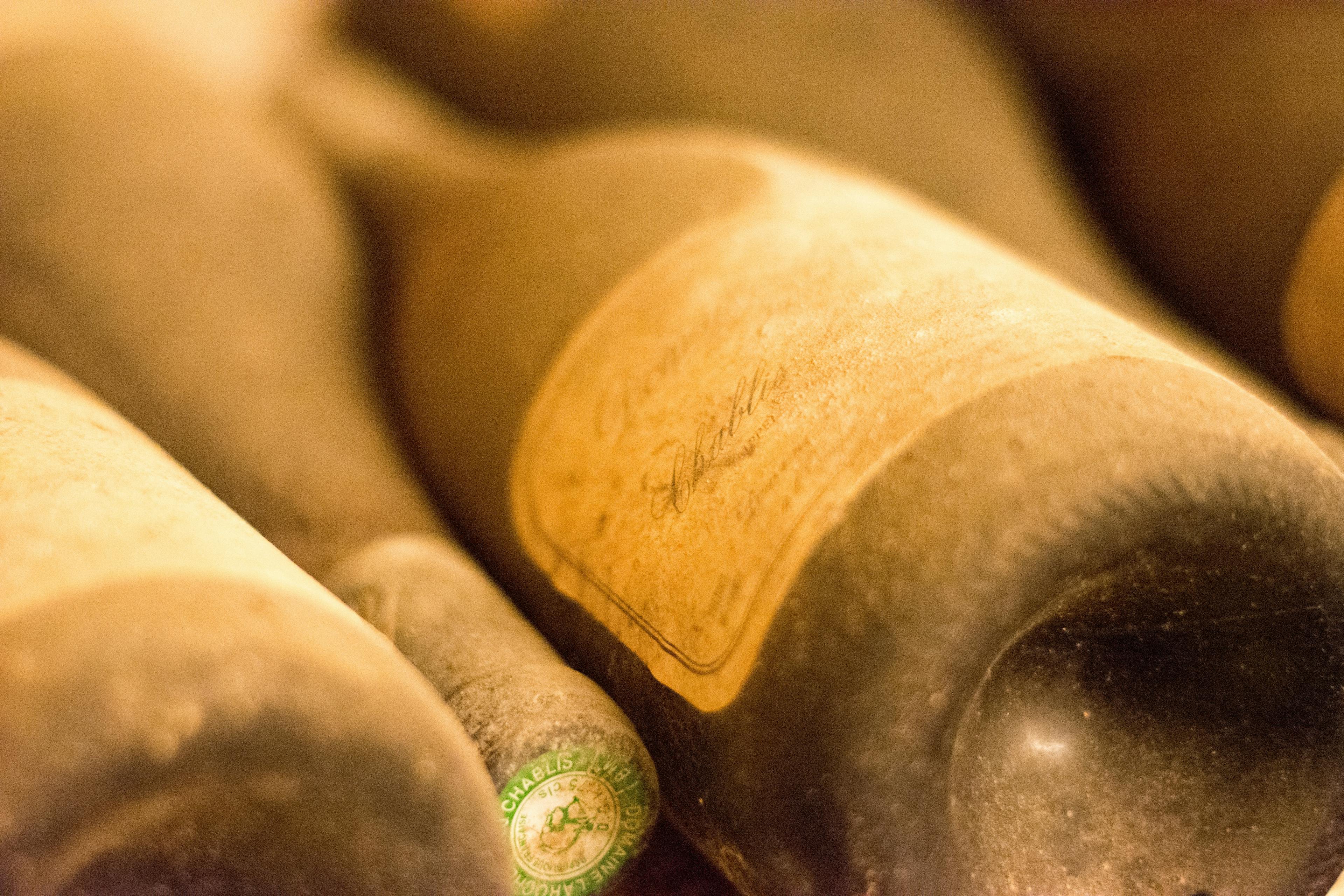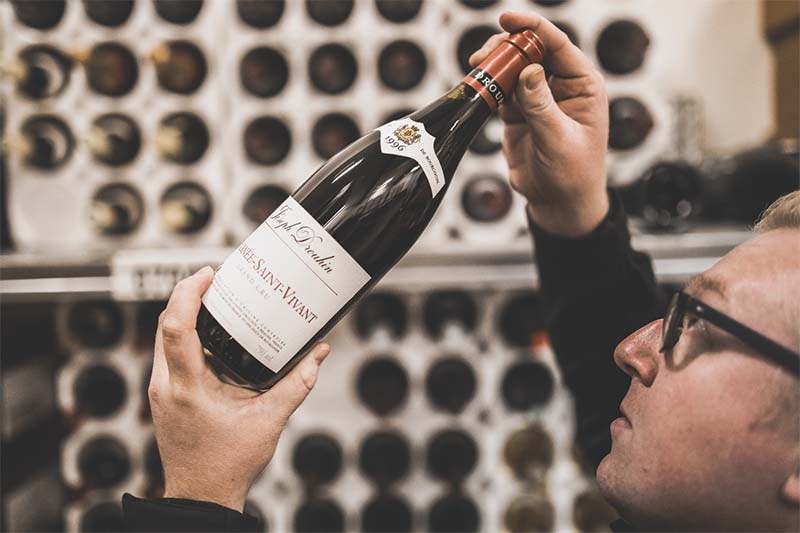
Exploring the world of fine wines, one cannot overlook the distinctive profile of Antinori. This renowned wine label has been a symbol of quality and innovation in the wine industry for centuries. Originating from Italy, Antinori is celebrated for its rich history and its ability to blend tradition with modernity. The taste of Antinori wines is often described as a complex amalgamation of flavors, each bottle telling a story of its own. In this article, we delve into what makes Antinori wines a preferred choice among connoisseurs and casual drinkers alike, examining their sensory characteristics and the winemaking process that contributes to their unique palate.
Identifying the Flavor Profile of Antinori Wines
Exploring the flavor profile of Antinori wines reveals a fascinating blend of tradition and innovation. These wines, known for their robust structure and complex aromas, offer a sensory journey through the heart of Tuscany. When tasting Antinori, expect to encounter a palette of rich flavors:
Dark Cherries: A staple in many Antinori reds, this flavor adds a sweet yet tart depth.
Oak: With aging in oak barrels, hints of vanilla and spice permeate, enhancing the wine's sophistication.
Leather and Tobacco: These earthy notes are indicative of a mature bottle, often found in their more aged selections.
Blackcurrant: This provides a touch of acidity and brightness, balancing the deeper tones.
Properly preserving these nuanced flavors is crucial. To maintain their integrity, it's essential to store Antinori wines in a cool, dark place, away from vibrations and any sources of heat. By doing so, the delicate balance of tannins and acidity that characterizes Antinori wines can be preserved, ensuring each bottle ages gracefully and continues to express the rich history of the Antinori vineyards.
The Influence of Tuscany’s Terroir on Antinori’s Taste
Tuscany's terroir significantly shapes the taste profile of Antinori wines, a renowned label with centuries of winemaking heritage. The region's climate, characterized by warm days and cool nights, allows grapes to develop a balance of sugars and acids, essential for producing rich, robust reds. Soil composition also plays a crucial role; the limestone and clay-based soils provide a mineral-rich foundation that imparts a unique flavor complexity to the wines.
Geographical Location: Nestled in the heart of Italy, Tuscany's rolling hills and varied elevations contribute to the distinct microclimates that affect the ripening process of the grapes.
Traditional Techniques: Antinori honors Tuscan winemaking traditions, utilizing both ancient methods like terracotta aging and modern techniques to enhance the wine's character.
Grape Varieties: Predominantly Sangiovese, the grapes acquire their signature taste from the terroir, distinguishing Antinori's offerings from those produced in other regions.
For more detailed insights, explore facts about how Tuscany's environment influences Antinori's wines. This deep connection to the land is evident in every bottle, making each sip a testament to the region's rich viticultural legacy.
Aging Impact: How Antinori Evolves Over Time
Aging significantly influences the flavor profile and overall quality of Antinori wines. As these wines age, they undergo a transformation that can be quite remarkable. Initially, young Antinori wines might present vibrant, fruity notes and a certain level of acidity. However, over time, these characteristics mellow, and the wines develop deeper, more complex flavors.
Tannins soften: In red Antinori wines, tannins, which are initially robust and astringent, become softer and more integrated. This results in a smoother drinking experience.
Flavor complexity increases: Aging allows the wine to develop nuanced flavors and aromas that are not present in its youth. Notes of vanilla, tobacco, and leather might emerge, depending on the storage conditions and the specific wine variety.
Color changes: Red wines typically lose their bright red hue and take on a more garnet color, while white wines might deepen from pale gold to a richer amber.
Understanding the history of Antinori is crucial to appreciating how these aging processes enhance the wine's characteristics, making each bottle a unique expression of time and tradition.
The Role of Oak: Understanding Its Influence on Flavor
Oak aging is pivotal in defining the characteristics of Antinori wines, particularly those from the Tuscany region. This process imparts a distinct complexity and depth that is highly prized among connoisseurs. When wine is aged in oak barrels, several transformations occur:
Tannin Softening: Oak barrels help in mellowing the tannins present in wine, which are responsible for giving a dry mouthfeel. This softening process enhances the wine’s smoothness, making it more palatable.
Flavor Infusion: Compounds in the wood, such as vanillin and tannins, leach into the wine, adding flavors like vanilla, spice, and toast. These elements are crucial in complementing the natural fruit flavors of the grapes.
Oxidation: Slow oxidation takes place through the porous wood, which helps in stabilizing the color and contributing to a richer, more robust body.
Understanding these effects is essential for appreciating how oak barrels contribute to the wine’s final profile, balancing tradition and modernity in each bottle.
Tasting Notes: Typical Aromas Found in Antinori
Exploring the typical aromas of Antinori wines reveals a complex bouquet that enhances the overall tasting experience. These wines, known for their robust profiles, often exhibit a variety of scents that can significantly influence food pairings.
Dark Cherries: A common aroma, especially in Antinori's red wines, dark cherries provide a rich, fruity essence that pairs wonderfully with hearty meat dishes.
Tobacco: This slightly smoky and earthy note is a hallmark in many aged bottles, complementing foods like smoked cheeses and grilled vegetables.
Violets: Floral hints often emerge in the bouquet, lending a delicate balance to the robust flavors, ideal with light pasta dishes or creamy sauces.
Leather: Adding a layer of complexity, this aroma pairs well with bold, savory dishes, enhancing the depth of both the wine and the meal.
Vanilla: Resulting from oak aging, vanilla adds a sweet, comforting scent that works beautifully with desserts or dishes featuring sweet-spiced sauces.
Each aroma contributes uniquely to the wine's character, making Antinori not only a delight to sip but also a versatile partner to a wide range of dishes.
The Texture and Body of Antinori Wines
Antinori wines are renowned for their exceptional craftsmanship, which is vividly reflected in their texture and body. These wines typically showcase a velvety texture that makes each sip a luxurious experience. The body of Antinori wines can range from medium to full, depending on the variety and aging process. This diversity allows wine enthusiasts to enjoy a spectrum of experiences, from lighter, more approachable wines to robust, complex vintages.
Silky Smoothness: Many Antinori reds, particularly those aged in oak, develop a silky smoothness that glides effortlessly across the palate.
Richness: The use of quality grapes and expert fermentation techniques contribute to a rich, enveloping feel that characterizes many of the whites and reds.
Balanced Tannins: Carefully managed tannins give these wines a structure that is potent yet not overpowering, allowing the fruit's natural flavors to shine through.
Lingering Finish: A hallmark of Antinori's style is the lingering finish that leaves a pleasing, long-lasting impression, encouraging another taste.
Each element combines to create a harmonious and memorable drinking experience, true to the Antinori family's dedication to quality wine production.
Acidity and Tannins: Balancing the Elements
Acidity and tannins are crucial in defining the structure and taste profile of Antinori wines. These elements, when balanced correctly, can elevate the wine drinking experience, making each sip memorable. Acidity adds freshness and vibrancy, cutting through the richness of food, which makes it an excellent companion for fatty dishes. On the other hand, tannins provide backbone and texture, contributing to the wine's aging potential.
Understanding how to serve Antinori correctly can significantly enhance these characteristics. Here are a few tips:
Temperature Matters: Serving Antinori at the right temperature is crucial. Reds generally do best between 60-65°F, while whites thrive at slightly cooler temperatures, around 50-60°F.
Decanting: For red Antinori wines, decanting can soften tannins and open up the aromas. A 30-minute decant generally suffices.
Glassware: Using the right glass can also impact the perception of acidity and tannins. A larger bowl is ideal for reds as it allows the wine to breathe, enhancing flavor profiles.
By paying attention to these details, the balance of acidity and tannins can be appreciated fully, making every glass of Antinori a delightful experience.
Vintage Variation and Its Impact on Taste
Vintage variation plays a crucial role in shaping the taste profile of wines, including those from the renowned Antinori estate. Each year, climatic conditions such as temperature, rainfall, and sunlight hours can drastically affect the grapes' development, leading to significant differences in flavor, aroma, and texture between vintages. For enthusiasts looking to explore how these variations manifest in Antinori's offerings, understanding the characteristics of popular vintages can greatly enhance the tasting experience.
Cooler Years: Typically produce wines with higher acidity and more pronounced floral and herbal notes, which can add a fresh, vibrant quality to the wine.
Warmer Years: Often result in wines that are richer and more robust, with increased sugar levels leading to higher alcohol content and more pronounced fruit flavors.
Wet Seasons: Can lead to challenges such as dilution of flavors or increased risk of grape diseases, which might require more intervention during winemaking.
Dry Seasons: These are generally favorable for producing concentrated flavors and tannins, which contribute to the wine’s structure and aging potential.
By comparing these conditions across different years, wine lovers can gain insights into the complexity and allure of Antinori wines, appreciating each vintage's unique expression.
Describing the Finish of Antinori Wines
Describing the finish of Antinori wines involves appreciating the complex flavors and lingering sensations that characterize each sip. When enjoying these wines, connoisseurs often note the balance between acidity and tannins, which contributes to the overall mouthfeel. The finish can vary significantly depending on the specific vintage and varietal, but several common characteristics are frequently observed:
Persistence: Antinori wines are renowned for their long, persistent finishes that leave a memorable impression on the palate. This enduring presence is often a sign of high-quality craftsmanship.
Complexity: Layers of flavors unfold gradually, revealing hints of spices, fruits, and sometimes floral or earthy notes. Each layer adds depth, making the tasting experience more intriguing.
Harmony: The elements of the wine—acid, sugar, tannins, and alcohol—are well-integrated, ensuring that no single aspect overwhelzes the others. This harmony contributes to a smooth and pleasing finish.
Evolution: As the wine lingers in the mouth, it may evolve, showing different facets of its flavor profile before it finally fades away. This evolution is particularly appreciated by those who seek a dynamic tasting experience.
Comparing Antinori with Other Tuscan Wines
Antinori wines, renowned for their rich history and quality, stand out distinctly among Tuscan wines. When comparing these to other regional offerings, several factors highlight their unique characteristics:
Heritage: Antinori has been producing wine since 1385, which imbues their vintages with a deep historical essence that many newer estates lack. This long-standing tradition is reflected in the complexity and depth of flavors.
Innovation: Despite their age, Antinori embraces modern techniques to enhance wine quality, setting them apart from many traditional producers in Tuscany who adhere strictly to old-world methods.
Varietals: While many Tuscan wineries focus on Sangiovese, Antinori experiments with a broader range of varietals, including international grapes like Cabernet Sauvignon and Merlot, which are incorporated into their famous Tignanello and Solaia blends.
Terroir: The diverse estates of Antinori, spread across Tuscany, benefit from varying microclimates and soils, contributing to a more complex and varied flavor profile than wines from more homogenous areas.
Reputation: Antinori's consistent quality over centuries has earned them a prestigious reputation, influencing both public perception and market value, which can be a contrast to lesser-known Tuscan wines that might struggle with brand recognition.
These elements not only differentiate Antinori from other Tuscan wines but also contribute to their esteemed status and global recognition.
Conclusion
In conclusion, exploring the taste of Antinori wines is a journey through a landscape rich with history, tradition, and innovation. Each bottle from the Antinori family is a testament to centuries of winemaking expertise, blended with a relentless pursuit of perfection. Whether you're savoring a robust Tignanello or a delicate Castello della Sala, Antinori wines offer a complex bouquet of flavors that cater to every palate, making each sip a memorable experience.
For wine enthusiasts looking to not only enjoy but also invest in Antinori wines, Rekolt provides an exceptional platform. At Rekolt, we understand the importance of proper storage and the impact it has on a wine's quality and potential resale value. That's why we offer specialized delivery options that include professional cellar storage. This service ensures that your fine wines are kept in optimal conditions, preserving their quality and enhancing their investment potential over time. Whether you are a seasoned collector or a new enthusiast, Rekolt makes it easy to manage, trade, and resell your wines, turning your passion for wine into a fruitful investment. Explore the world of Antinori with us, and let your taste buds and investment thrive together.
Share this article
